Do you know that many of these so-called “fat-free” or “low fat” foods contain unhealthy levels of salt, processed sugar, as well as a high amount of calories that will hinder your weight loss progress?
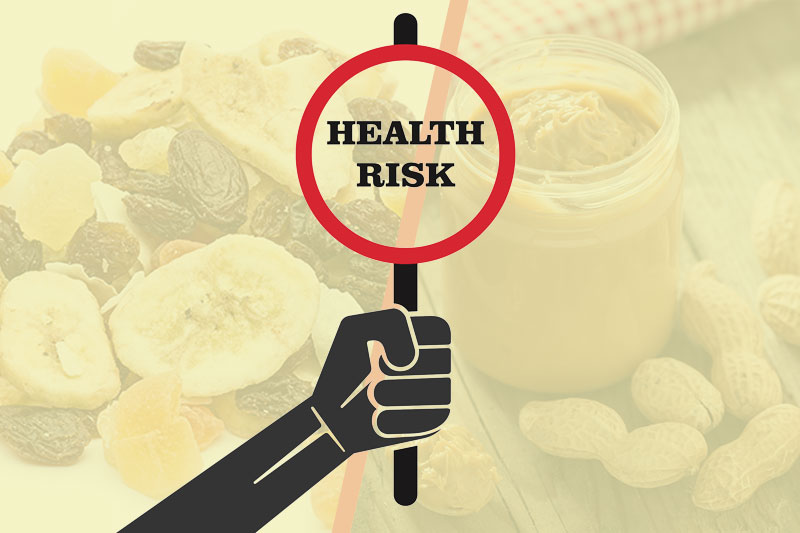
Before you head down to your local grocery store, check out this article to find out what are the seven so-called “diet foods” that you should avoid if you want to shed off some pounds…
7 – Diet Soda
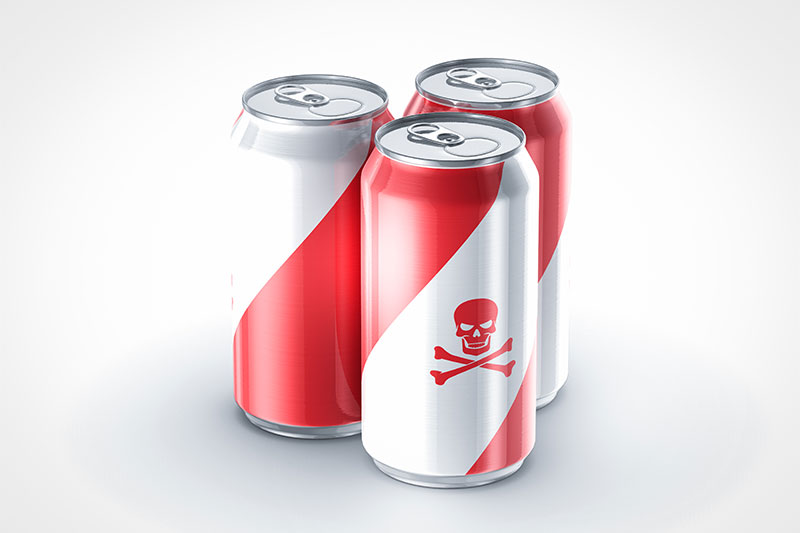
Is there really such a thing as the diet soda? Although these soft drinks are promoted as being less fattening for those who drink them, this is actually not the case.
The American Diabetes Association recently reported (at their annual meeting at the University of Texas in San Antonio) that those who consumed diet soda had their risk of being overweight increased by a whopping 41%!
The artificial sweeteners used in these soft drinks cause the body to crave more calories, which added to the overall problem of keeping off those excess pounds.
6 – Olive Oil
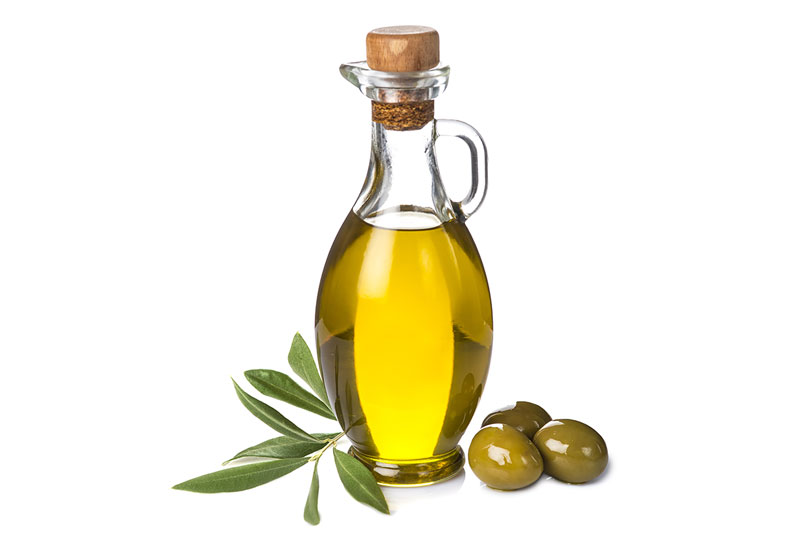
People who choose to eat healthier may use olive oil, believing that it is better for them than regular cooking oil.
The problem is that they forget that it is still oil, with each tablespoon containing 14g of fat and 120 calories per serving. As an example, it is actually better to use a small amount of butter on bread instead of olive oil because bread naturally soaks up more oil, thus adding to your weight problem.
5 – Granola
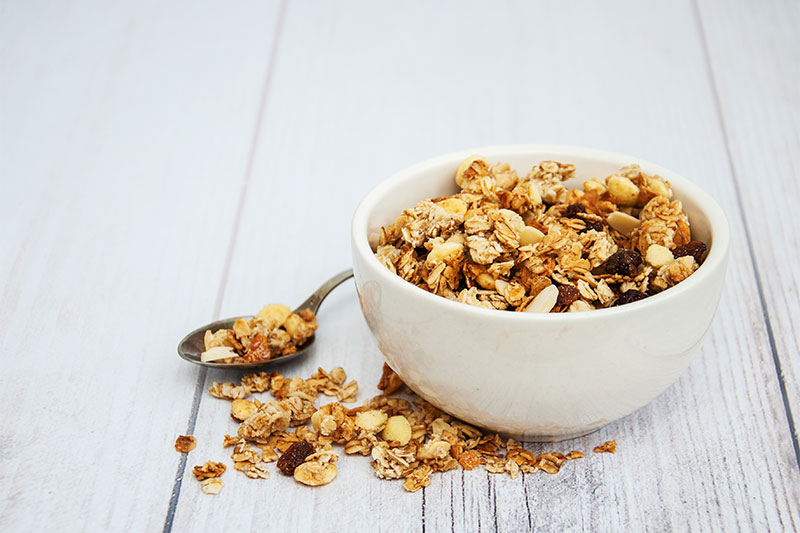
This is a snack food that many choose to eat because it is considered to be an all-natural alternative to standard junk food that many overweight people eat every day. The problem is not with the food itself, but how it is processed.
Although it has healthy nuts and oats, the oil that they use to cook it in, along with the added sugar, can add about 500 calories to your overall diet. As such, it is actually better to use a variety of other cereals that have the same nutritional value simply because they use far less sugar and oil while they are being processed.
4 – Dried Fruits
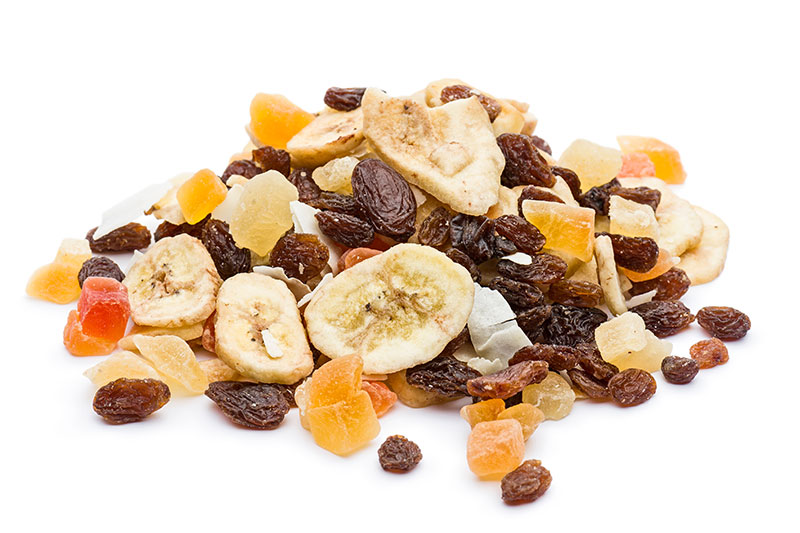
A great snack to have every now and then is dried fruit, yet you should know that because of its density (due to the dehydration process that it goes through), it has up to eight times more calories than fresh fruit.
An example of this would be eating a cup of raisins, which has 460 calories, whereas grapes have only 60 calories per cup fresh off the vine. This is usually because of the added sugar sprinkled onto the raisins to make them tastier to consumers so that they will want to eat them regularly.
3 – Fruit Juices
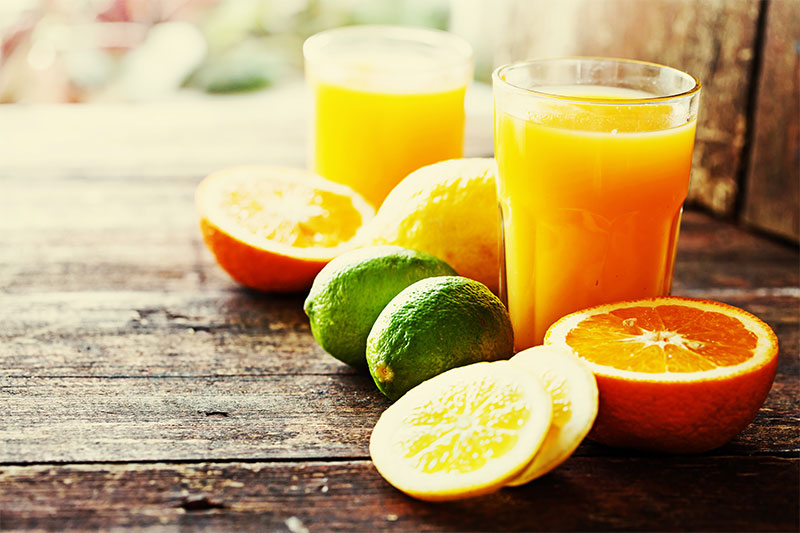
Although the name seems to indicate you are drinking juice from fruit, many brands only contain 5% natural fruit juice, whereas the remaining 95% consists of many additives and a great deal of sugar to bring up the flavor.
Instead of drinking this type of juice, you should eat raw fruit instead.
D-Limonene, a major component within the oil which is extracted from citrus rind, is much more potent in its natural state, and can provide healing benefits such as the detoxification of estrogen and can be used to control acid reflux.
2 – Veggie chips
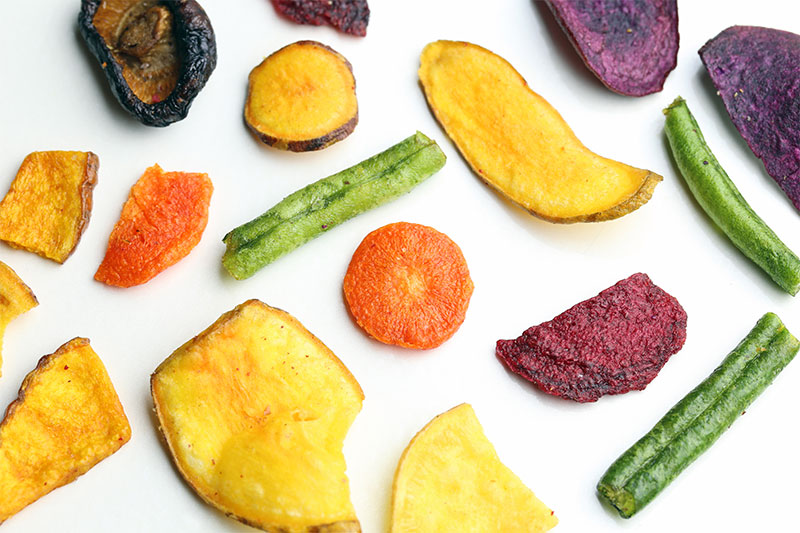
Some people are extremely addicted to veggie chips, believing that they are much healthier as compared to standard potato chips. This is actually not the case.
Most of them primarily contain potato or corn flour, with a small dash of veggie powder thrown into the mix. You will also not get vitamin A or C when you eat the chips because, during processing, these essential nutrients are lost along the way.
1 – Reduced-Fat Peanut Butter
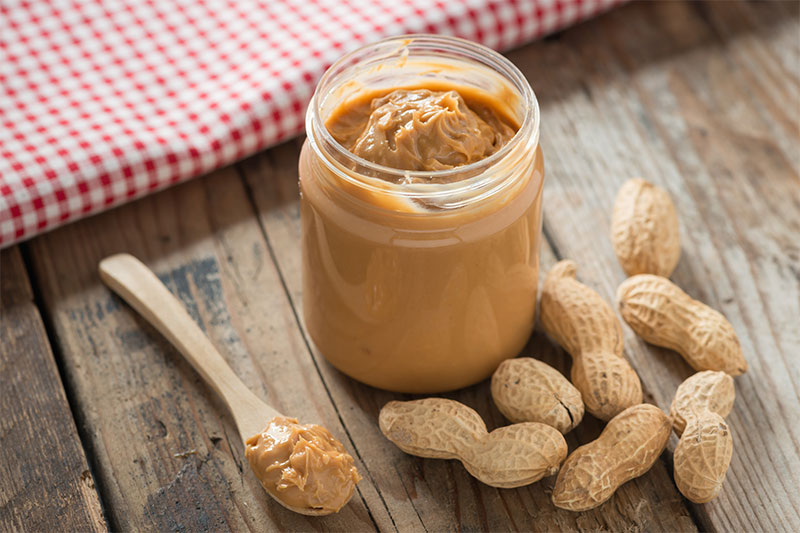
If you’re looking for a product with good fats or monounsaturated fats, peanuts can undoubtedly provide this in your diet. However, peanut butter is a very sugary creamy substance that is full of excess calories, as well as excessive amounts of salt and sugar to make it taste the way that it does.
Concerning reduced-fat peanut butter, this simply means that fat was removed and replaced by adding sugar and salt.
When choosing foods to eat at the grocery store, you need to know a little bit more about the actual products you are choosing to consume.
Although many of them are touted as being beneficial for your health, if you understand how they are processed, you would realize that these “diet foods” are just as unhealthy as many other available foods, despite what the label, and the advertising for the product, may lead you to believe.


